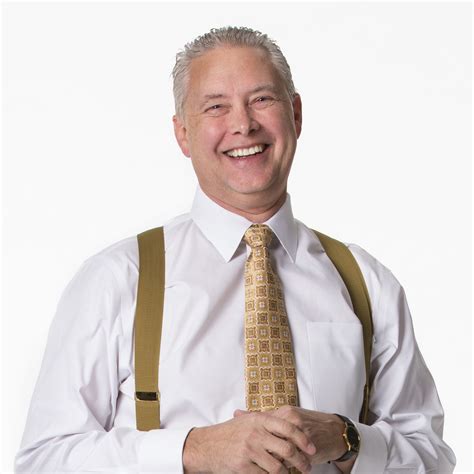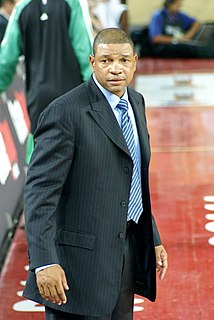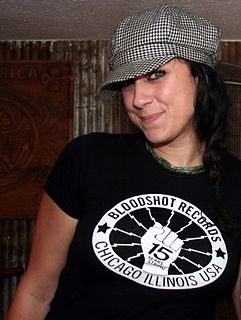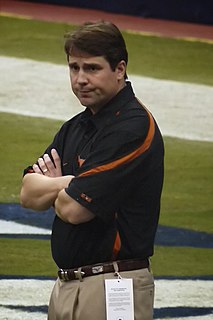A Quote by Peter Senge
Most of us at one time or another have been part of a great 'team', a group of people who functioned together in an extraordinary way-who trusted one another, who complemented each other's strengths and compensated for each other's limitations, who had common goals that were larger than an individual's goals, and who produced extraordinary results ... the team that became great didn't start off great-it learned how to produce extraordinary results.
Related Quotes
I have seen business moguls achieve their ultimate goals but still live in frustration, worry, and fear. What's preventing these successful people for being happy? The answer is they have focused only on achievement and not fulfillment. Extraordinary accomplishment does not guarantee extraordinary joy, happiness, love, and a sense of meaning. These two skill sets feed off each other, and make me believe that success without fulfillment is failure.
There is a whole separate filmmaking team that's doing it, but that's part of what's great about the Brain Trust and about the inspiring leadership of John Lasseter. He leaves it up to that creative group of individuals to help each other elevate each thing that they're working on to only try to make it better and to share what you've learned on the first one.
Great leaders are paradoxical. They catalyze, rather control, the work of their teams. They have an overarching vision for the team but are not autocratic in the realization of this vision. Their eyes are open to whatever results occur-not just planned goals, because serendipity is a great innovator.



































